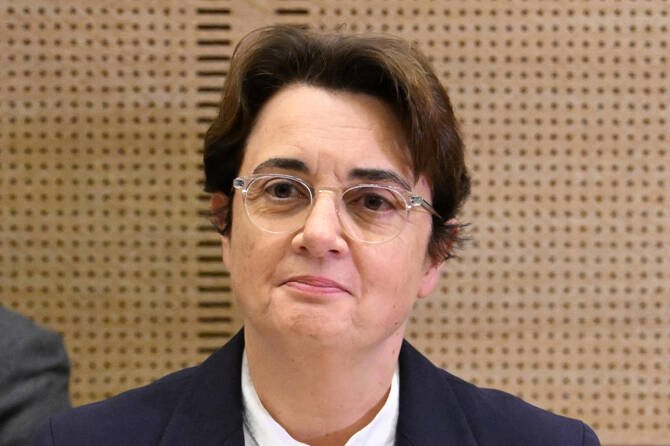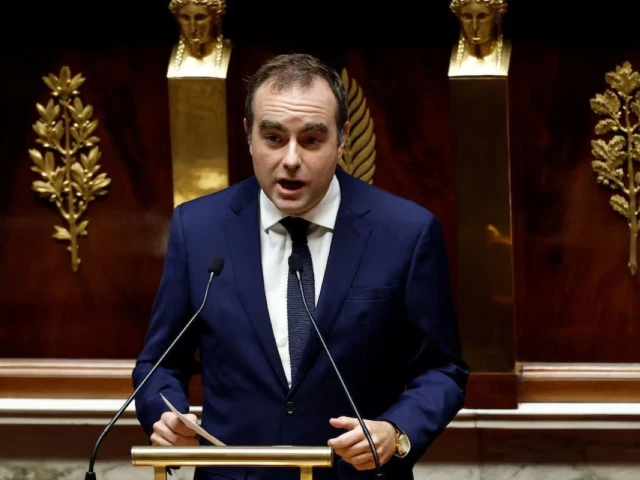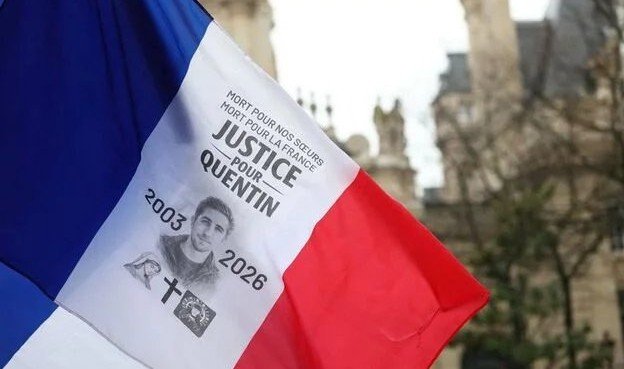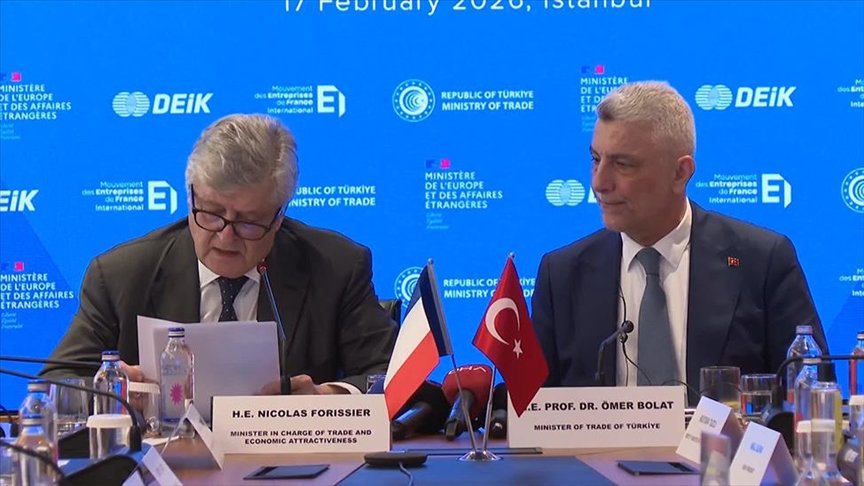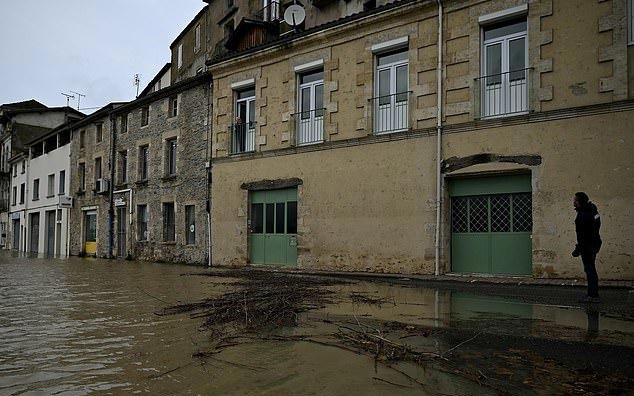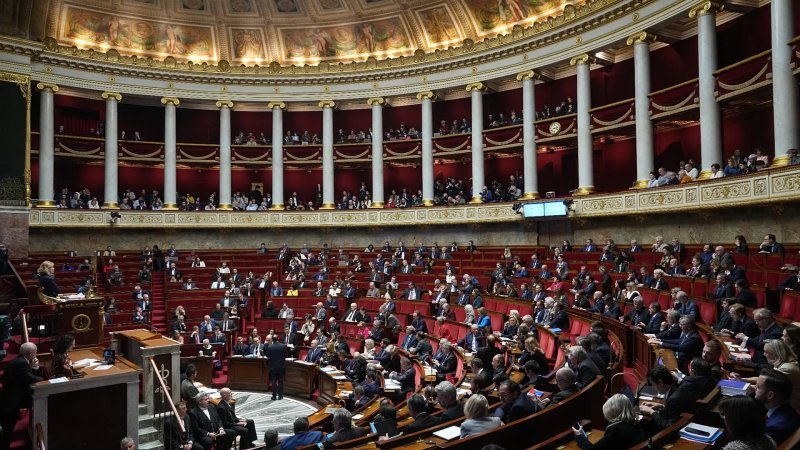Paris, July 15, 2025 – The Europe Today: In a stark warning during a press conference on Tuesday, French Prime Minister François Bayrou described France’s growing public debt as a “mortal danger” to the nation, declaring that the country is facing a “moment of truth” in its financial trajectory. The Prime Minister revealed that France’s debt is increasing by €5,000 every second and stressed the urgent need to rein in public spending.
“We have become addicted to public spending,” Bayrou stated, underscoring the gravity of the situation. He emphasized that chronic over-indebtedness is a threat not only to families and businesses but to the nation’s long-term stability. Relying on monthly borrowing to finance pensions and civil servants’ salaries is “a dead-end,” he warned, calling for immediate corrective measures before the situation spirals further out of control.
France’s public deficit reached 5.8 percent of GDP in 2024, amounting to €168.6 billion—well above the 3 percent cap permitted under European Union rules. In response, Bayrou unveiled a fiscal consolidation roadmap featuring tens of billions of euros in spending cuts, with plans to reduce the deficit to 5.4 percent of GDP this year, 4.6 percent in 2026, and under the EU’s threshold by 2029.
President Emmanuel Macron, whose decision to call a snap legislative election last year resulted in a fractured parliament, has entrusted Bayrou with the task of restoring fiscal discipline through the 2026 budget. The hung parliament has proved too divided to enact substantial budgetary reforms amid soaring expenditures and an unexpected shortfall in tax revenues.
A long-standing fiscal conservative, Bayrou has been candid with the French public about the need for broad sacrifices. Notably, while most sectors face stringent austerity, defence spending will continue to rise, reflecting national security priorities. Macron, speaking on Sunday, warned lawmakers against triggering another no-confidence motion, citing the delays caused to defence plans by a similar vote in December that ousted Bayrou’s predecessor.
“The government must now allocate necessary funds promptly to continue innovating and producing swiftly,” Macron stated, defending the decision to protect the defence budget.
The proposed cuts, disclosed at Tuesday’s briefing, are expected to include freezing certain social benefits and capping select tax breaks. These measures, however, are likely to encounter fierce resistance in parliament.
Bayrou, a veteran centrist, has survived eight no-confidence votes thus far, but political tensions remain high. The far-right National Rally party has already rejected the proposed budget cuts and is calling for another vote to challenge the government’s agenda. Meanwhile, left-wing factions have signalled strong opposition to any reduction in welfare spending.
Bayrou’s ability to pass his fiscal plan through France’s fragmented legislature will be a critical test of his leadership and political acumen. Financial markets and international ratings agencies are watching closely, wary that rising interest payments could soon become the state’s largest expenditure.
As President Macron enters the final stretch of his second term, the mounting public debt threatens to overshadow his legacy. First elected in 2017 as a reformist outsider aiming to modernise France’s economy, Macron has struggled to contain chronic overspending amid a series of national and global crises—from mass protests and the Covid-19 pandemic to surging inflation.
Bayrou’s task now is to chart a viable path back to fiscal health without triggering political collapse—a challenge that may define the remainder of Macron’s presidency.

